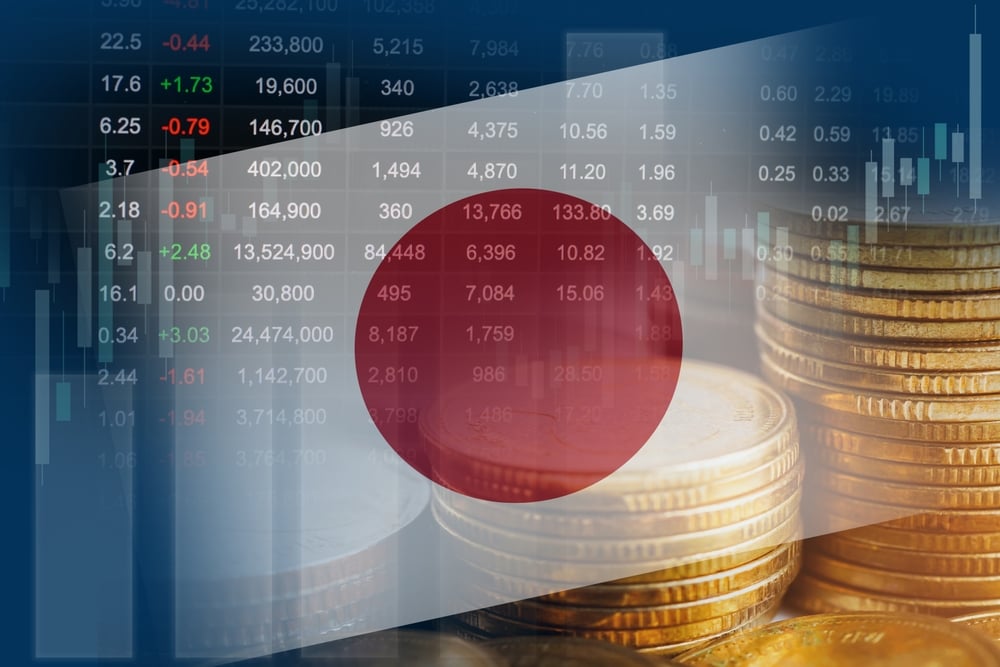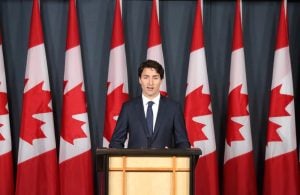The Bank of Japan (BOJ) is unlikely to make abrupt policy changes that could disrupt ongoing budget discussions, according to Motohisa Furukawa, tax chief of the opposition Democratic Party for the People (DPP). Speaking on Wednesday, Furukawa emphasized that the BOJ is expected to act cautiously, balancing its monetary policies with Japan’s fiscal stability.
Risk of Premature Rate Hikes
While Furukawa declined to specify how long the BOJ should delay interest rate hikes, he cautioned against any rapid increases, highlighting their potential to negatively impact households, private-sector businesses, and government finances.
“This isn’t a situation where the BOJ can raise rates rapidly,” Furukawa said, stressing the risk of deflation as some retailers are already cutting prices to attract consumers fatigued by inflation.
Tax-Free Income Ceiling Proposal
Central to the DPP’s platform is raising Japan’s income tax-free ceiling from ¥1.03 million to ¥1.78 million, a move aimed at boosting disposable income and encouraging part-time workers to increase their hours. The proposal gained traction in October’s national election, especially among young part-time workers, and contributed to the DPP quadrupling its lower house seats to 28.
- Alternative thresholds under consideration include ¥1.13 million, based on inflation since 1995, and ¥1.16 million, tied to employee compensation growth.
- Furukawa did not indicate whether the party would accept or reject these alternatives.
Economic Impact of Tax Reforms
The DPP argues that raising the tax-free ceiling could boost consumption and help offset tax revenue losses, estimated at ¥4 trillion to ¥5 trillion. However, Furukawa acknowledged that the party lacks precise calculations on how the reforms would affect consumption.
The government recently released a model estimating that an income tax cut worth 1% of nominal GDP (¥6.1 trillion) would stimulate growth but increase fiscal pressure. Furukawa noted the calculation did not include potential benefits to the labor market and consumption.
Public Debt and Disposable Income
Furukawa highlighted the need to boost household disposable income to drive private-sector growth, contrasting it with Japan’s long-standing reliance on public debt for economic stimulation.
- Japan’s debt is projected at 251% of GDP in 2024.
- Household assets reached a record ¥2,212 trillion, approximately four times the country’s real GDP.
The DPP is open to short-term debt issuance to support the economy, provided wages rise sustainably above inflation levels.
The BOJ and the Japanese government face significant challenges in balancing monetary policy, fiscal responsibility, and economic growth. The DPP’s proposals, if implemented, could help stimulate consumption and improve disposable income, offering a potential path forward for sustained recovery.





















